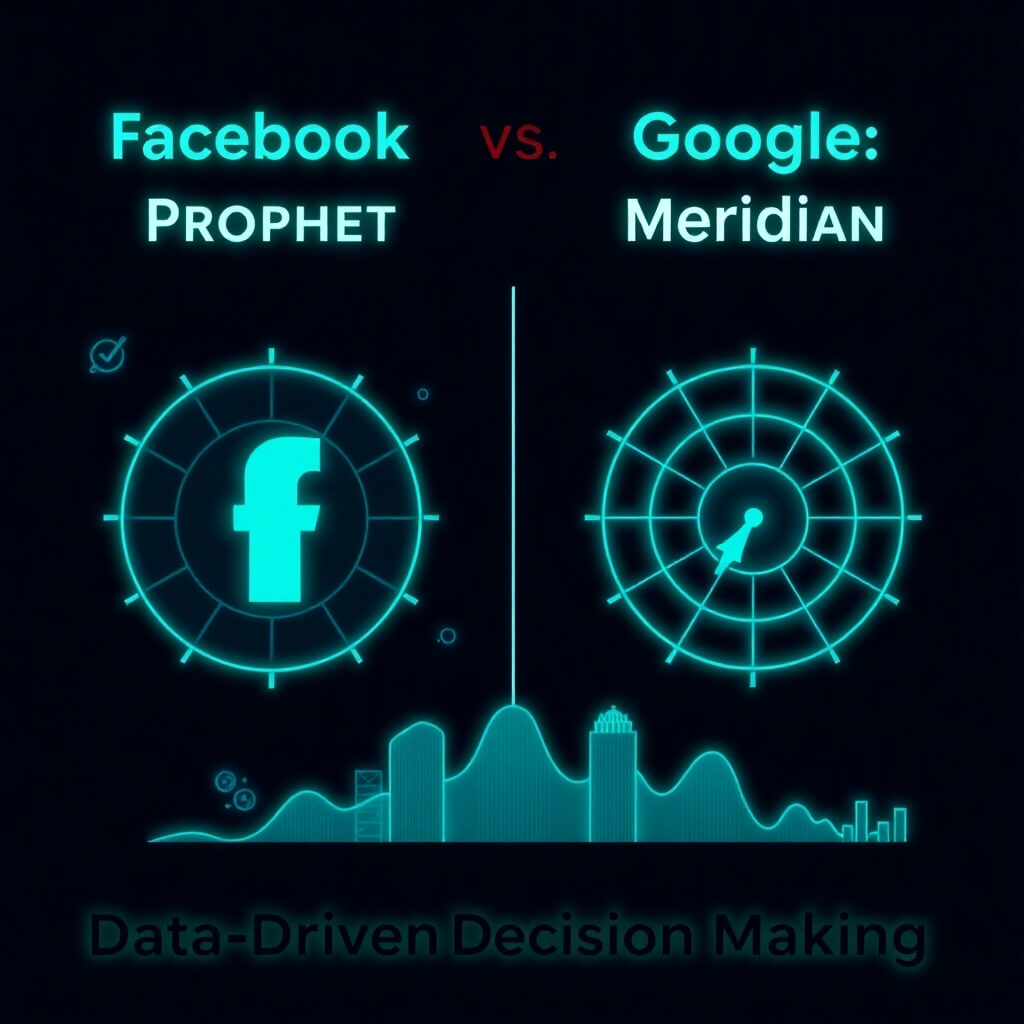“Your Brand is what identifies your business to consumers.
It resides in the hearts and minds of your customers and prospects
as the sum total of their experiences with and perceptions of your company.”
– SEMPO
Branding With Search Marketing
If you were to ask most people about ‘branding” as it applies to their business they will most likely respond with an answer rooted in a company’s products and services. Sure, they will speak to the importance of emotionally connecting with their target audience, but at the heart of it all it still boils down to what you do or the products you produce. In short, for your brand to be effective it needs to sell and move product or services.
As we all know, companies spend untold amounts of money to develop a brand that connects with the hearts and minds of consumers, so as to ensure that they understand who, not just what, they’re all about. Therefore, if a company can form an emotional bond with consumer, it will lead to a much more long term and profitable relationship, as it’s more about the connection, than just about the product. However, while many brand marketers will speak of the effectiveness of a brand in terms of “awareness”, success is ultimately tied to and measured by units sold or profitably. What I mean here is that if people are aware but no one actually buys, are you really being successful?
Transactional Branding
I like to call this approach “Transactional Branding”, due to the fact that at the end of the day, while you are looking to emotionally connect with the hearts and minds of your consumers, it’s really about promoting products and services. Now, I will say that Transactional Branding makes complete sense due to the fact that it’s rooted in common business strategy, which is to grow revenue and improve profitability. It also makes complete sense when used in the context of traditional media…broadcast, print, display and even search. The reason being is that in most cases you are using these forms of media to push a message out to consumers with the hope of connecting with them and pulling them back to purchase your product or service. While this type of brand connection does have the opportunity to facilitate a dialogue and customer relationship, it’s ultimately based on the sale and/or product/service experience.
However, when it comes to Social Media, the paradigm is changing and many companies are trying to figure out what to do. The reason being is that the “Transactional Brand model” just does not seem to fit. Companies want to speak, but not be spoken to. They want to hear, but are afraid what might happen if they actually start to listen. The challenge for many companies is that when it comes to branding, they have built and developed their brand as a means to sell to, not socialize with, their target audience. However, for companies to leverage social media effectively, they need to be willing to socialize their brand, because that is what social media is all about…Socializing!
Now for companies that have the good fortune of a having a transactional brand, with a social angle, jumping into social media is not that big a stretch. The reason being is that these kinds of companies, such as Harley-Davidson, already have a very strong social relationship with their user and customer base. The reason why these types of companies are successful when it comes to social media is that they have figured out a way to “socialize” the “Transactional Branding relationship”. Therefore, when it comes to socializing with their customer base via social media, they are ready, prepared and willing to do so, because it’s been part of their core business and brand strategy all along.
However, there are many companies, such as those in highly regulated industries such as financial services that don’t have the luxury of being able to readily socialize with their audience. While many have very strong and trusted brands, they have been built from the top down and are not readily structured to be dissected via social media. The fact is, many companies in this arena have very carefully crafted brands and images and the thought of being exposed to the world of social media, scares the heck out of them. At the same time, they realize that there is an audience to be had and that they need to figure out a way to communicate with them via social media and establish a presence.
In my opinion, the mistake that these types of companies are making is that they are rooted in one size fits all model when it comes to branding and are flustered by the fact that they can not seem to fit their Transaction-based Brand model into a social environment. The lack of control scares them, and as a result instead of jumping into the social media space they have opted to just sit on the sidelines.
The Social Brand
This is where the notion of the “Social Brand” comes into play. While a brand should always be rooted in a company’s core values, how it’s developed, presented and executed within different forms of media, can enable a company to enter new and uncharted waters much more readily. Hence, while your Transactional Brand is aimed a facilitating sales, your Social Brand is aimed at facilitating socialization. Of course both are rooted in the same values and at the core express the same ideas, the content you put forth with your Social Brand, does not have to exactly mirror what you are doing with your Transactional Brand.
For starters, in developing your Social Brand you need to look at your company and what it does from a “Social Perspective”. This will enable you understand how and where people might want to socialize with your brand and what components are ripe for socialization. Therefore, while you may be in a regulated industry where you can not openly endorse or make claims about a product, you need to take a step outside of these parameters and look at other components of your business. For example, does your organization sponsor sporting events, support particular philanthropic endeavors or back particular social initiatives? While these items might not be tied directly to your products and services they are tied to your company. They are a brand component and most importantly convey its value system. These are also aspects of your business/brand that people can also readily connect and socialize with.
Now, I’m not endorsing the fact that when it comes to social media you should deny what your business is rooted in. What I am saying is that when it comes to social media, you need to think differently about your brand and how it can be leveraged to socialize with your audience.
By identifying and developing your Social Brand, you also have the opportunity to steer and guide the social conversation. Of course there’s always the potential that someone will address and bring-up product or service related issues, but by focusing on your Social Brand, you can help to guide the conversation around particular topics. Additionally, by focusing on and developing your Social Brand, you have the opportunity introduce your audience to a completely new side of your organization. Simultaneously, you will be likely grow your base, as you will bring people into the fold, who would not have previously engaged with your company, as you are now tapping a whole new set of interests.
How To Develop Your Social Brand
So, how does a company go about developing a Social Brand? The following are a few key points:
- Alignment
For your Social Brand to be effective, it needs to be aligned with your core values and business plan. Therefore, it can’t just come out of left-field, rather people need to see how it relates and applies to your overall business positioning. - Social Segmentation
Take a look at your organization from a “social perspective” and identify which aspects and segment are ripe for socialization. Taking this approach will enable you to see what opportunities exist and the different ways you could socialize with your audience. - Content
After identifying how you can socialize with your audience, what are you going to say and communicate? This sounds more daunting than really is, as you are most likely doing this, but it’s just not being surfaced within the context of outbound media channels. Rather the conent is being tied to the “social” initiative itself. For example, if your company sponsors a sporting event or is involved with a particular charity or social issue, focus on content that pertains and gets created in relation to these endeavors. Before you know it, you may find yourself becoming a hub for people passionate or connected to these issues, causes or events. -
Socialization
Now comes the big leap, you need to be ready to socialize. Do you set-up a MySpace profile, YouTube Channel, Facebook Page, Twitter Account…all of the above or just some? The key here is that you don’t need to jump into everything all at once, focus on those areas that make the most sense and that best complement your Social Branding strategy.
Social media is definitely changing how we market and connect with consumers. Therefore as marketers, we need to also think differently about how we approach our business and look to connect with consumers. In the end traditional branding models will not always work, because they were not constructed to deal with a high degree of social interaction and input from consumers. Therefore, we need to look at branding as a form of subsets, including how we will and want to socialize with our target.
Developing a Social Brand, will help you provide a vision for your organization to approach the social media space and be comfortable with doing so. Yes, it will require you to think differently, but the development of a Social Branding strategy will also provide the vision and clarity needed to enter the social media space in a manner that compliments your overall business strategy and enables you to harness all the power that social media has to offer.





